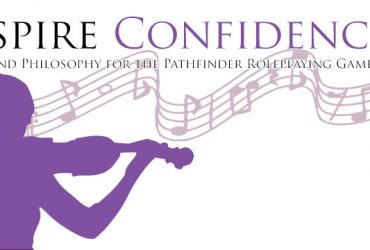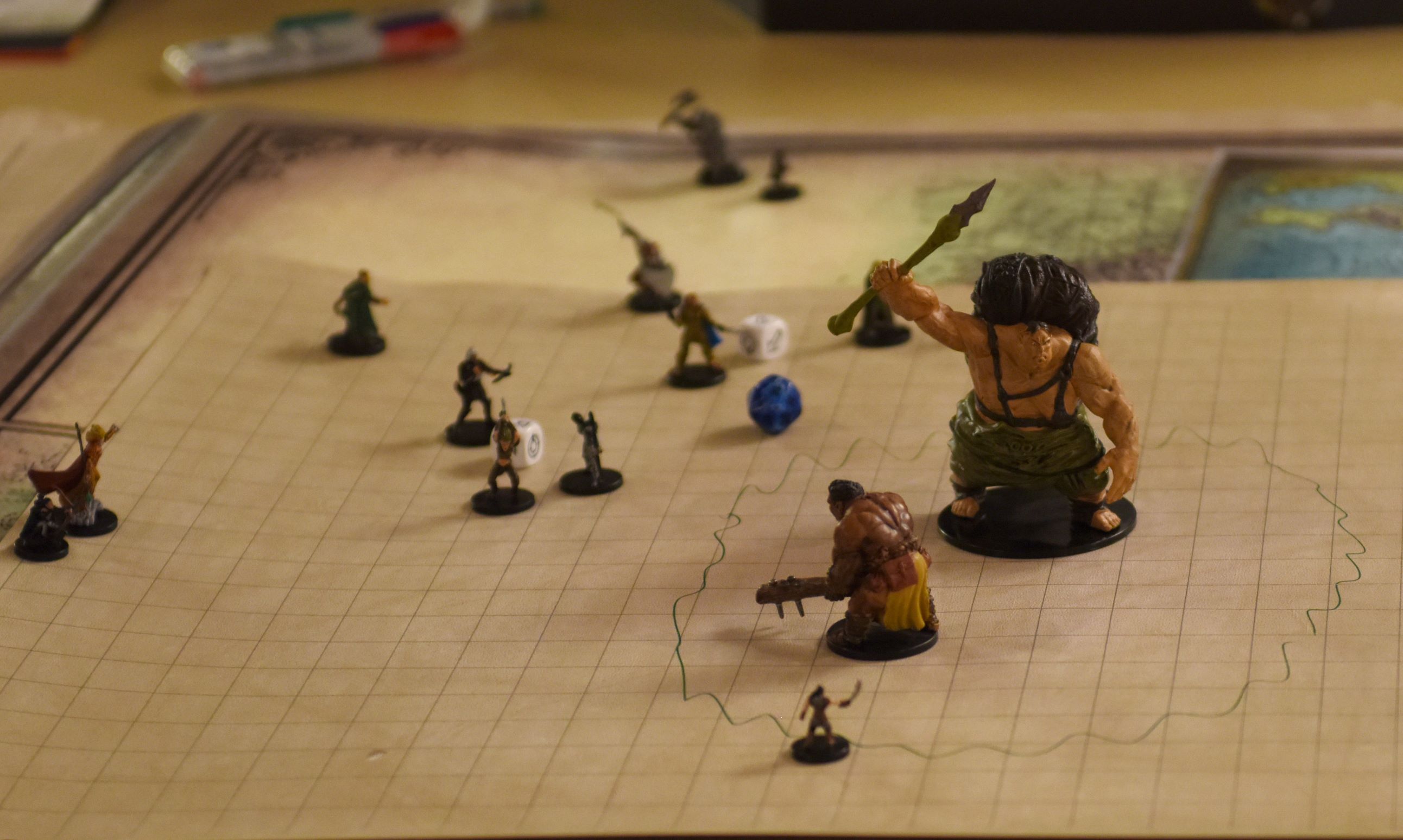Our tabletop games have been around for over 30 years, and in all that time they really haven’t changed much. Today we talk about some ways to make our games feel new and exciting again.
Dear DovahQueen: Can we retire the cleric, fighter, rogue, and wizard now and just play with the warpriest, slayer, ninja, and arcanist? They’re better classes and we get to remove a D&D proud nail.—Out With The Old
Dear Third-Wave Dungeonist: As much as I love the game, the genre, and the history of our tabletop culture, we don’t do enough to prevent our fantasy narratives from going stale. We’ve been playing these games since the 70’s and the formula remains mostly the same. New editions and new systems are normally just fresh coats of paint on the same fantasy trope: “go here and kill that.” The Warrior, Thief, Mage, and Priest have been a staple since the very beginning, and while they’re not going anywhere, there’s no reason that we can’t attempt to breathe new life into our games by agreeing to set them aside for a moment. That said, I see no reason to stop there. Veterans of these games know how the fantasy genre can really start to feel rather pedestrian. If your goal is to break that mold and have your game feel fresh and new all over again, then I can’t recommend enough to break as many tropes as you can. But before you go replacing Fighters for Fencers, there are a few things you should consider.
A lot of players are quite content with the game. We don’t live in a world that is even remotely free from chaos. For many players, the fantasy setting is familiar; sometimes we need that escape to familiarity. When the daily news on your tv makes you cry, getting into a bar fight with a drunken dwarf might be exactly the kind of stability you need in your life. Restricting any of the core components might be taken as a personal affront to some folks for whom the game is the one thing they have control over in their life. That’s not to say you shouldn’t do it; just that you might need to approach it a little differently. Bring this idea to your group, but already have specific replacements ready to go. If you’re confident in your plan and are able to make your players feel like they aren’t losing anything, then it’ll likely go over a lot more smoothly.
“Gang, I have an idea for the next campaign, and I wanted to see what you all thought about it. Ok, so we’ve been playing together for a long time, and I really wanna try something a little different. I’m kinda tired of seeing fighters, rogues, clerics, and wizards all the time. Do you think it’d be cool if we replaced them for a while? Like, what if instead of fighters, most professional warriors were trained as slayers? What if instead of generic wizards, academies brought up new generations of arcanists? This will only work if we all decide to do it; so what do you all think? Can we give it a try?”
Granted, some folks might not be ok with it at all, and that’s ok. The point is to try to make the game feel new again. If one player really has their heart set on being a rogue, consider ways to help the player make a rogue that plays differently than the “I’m behind you and I backstab” trope. I had a player build a noble-born rogue who traded out sneak attack for skills and social feats. That game was highly narrative focused, and it worked really well. That’s the next thing I always have to recommend. Come up with as many ways as you can to shift the focus away from a murderhobo problem-solving method and into something more conducive to an engaging story. Small, common-sense changes go a long way, I feel. For example, why must nearly every fight be to the death? You see this over and over and over again in games. A bandit tries to rob a player of some gold; then a fight to the death breaks out. Why? 99% of rational thinking beings are going to yield, beg for mercy, or try to escape. Each of those three options leads to better stories, and every NPC or creature encountered with a form of self-awareness should demonstrate a form of self-preservation. If your game uses alignments, you should be keenly aware of how many lives the uptight paladin is taking. Players are rarely made to think about the morality of their actions in terms other than good, evil, and “the stuff in between that I don’t bother with.” Work with them, challenge them, and encourage them to think a little more deeply about it.
Guiding your players into classes that haven’t been around for 30+ years is a really good way to help get rid of some of the staleness that veterans of the game can experience. In doing so, you’re challenging old playstyles and old ways of thinking. Push forward with that kind of change. It’s the kind of direction and attitude that keeps our games relevant and our stories epic.
You can request RPG advice or send your questions by email to deardovahqueen@gmail.com, in the KnowDirection discord, or on Facebook.






